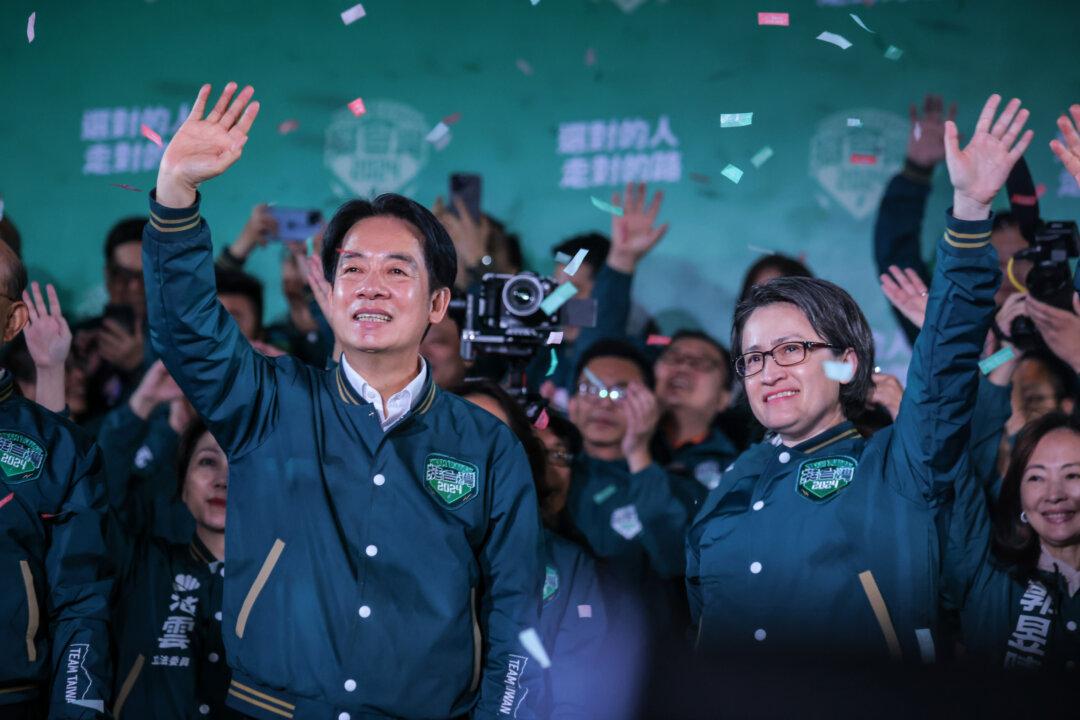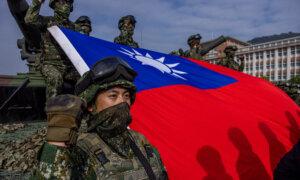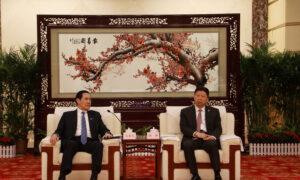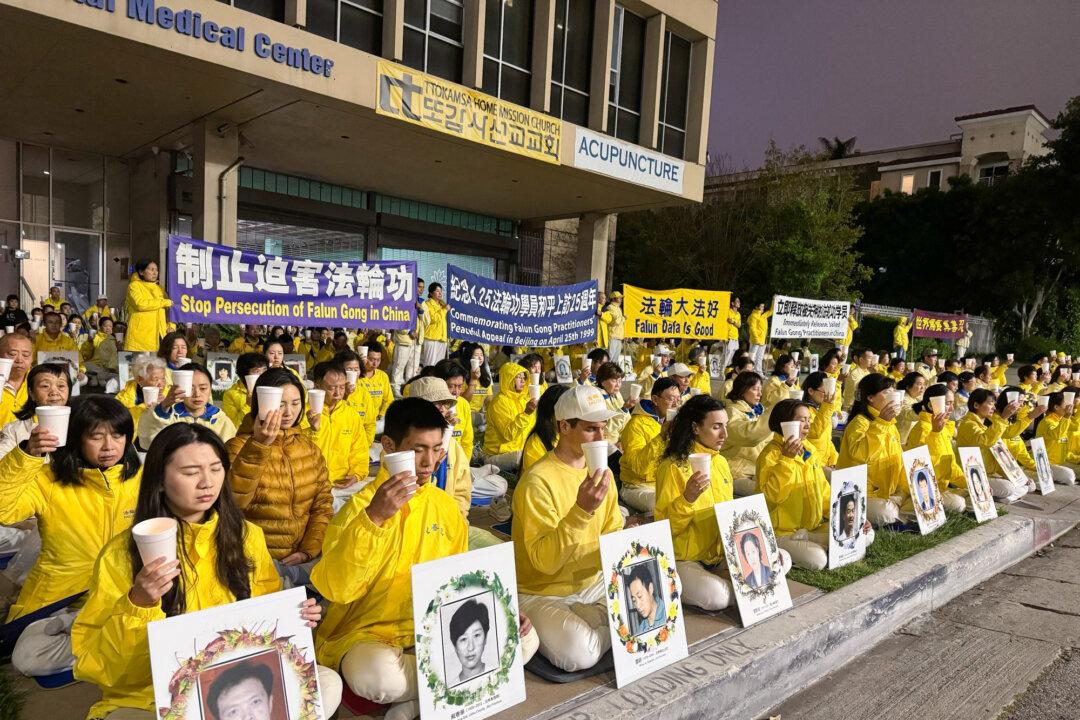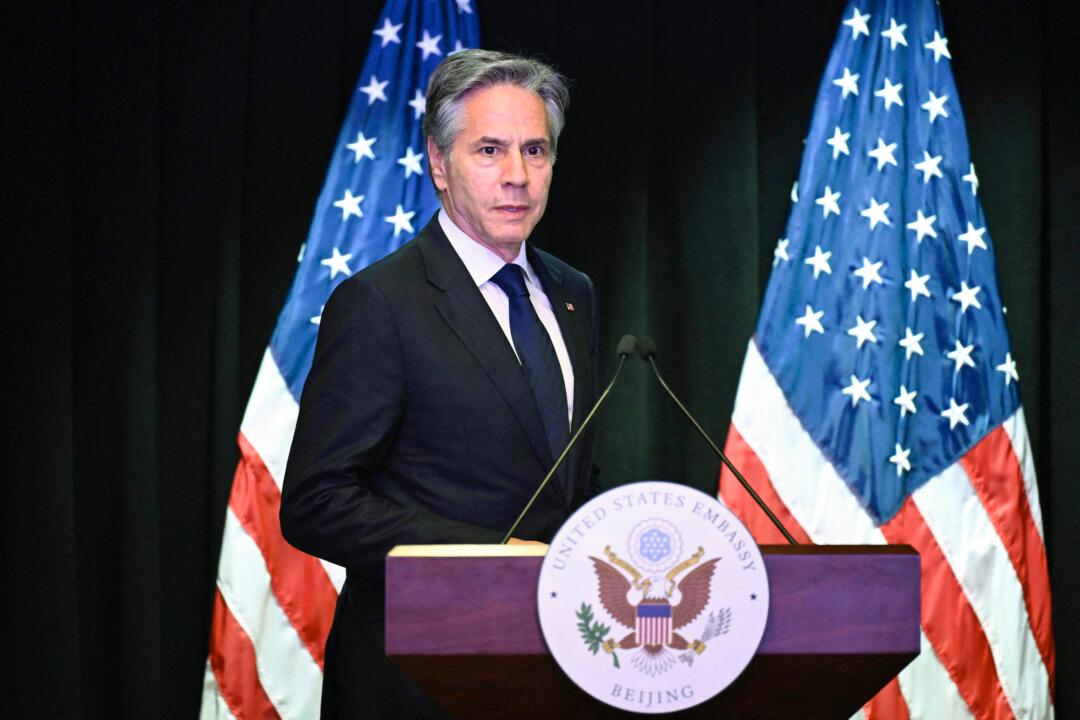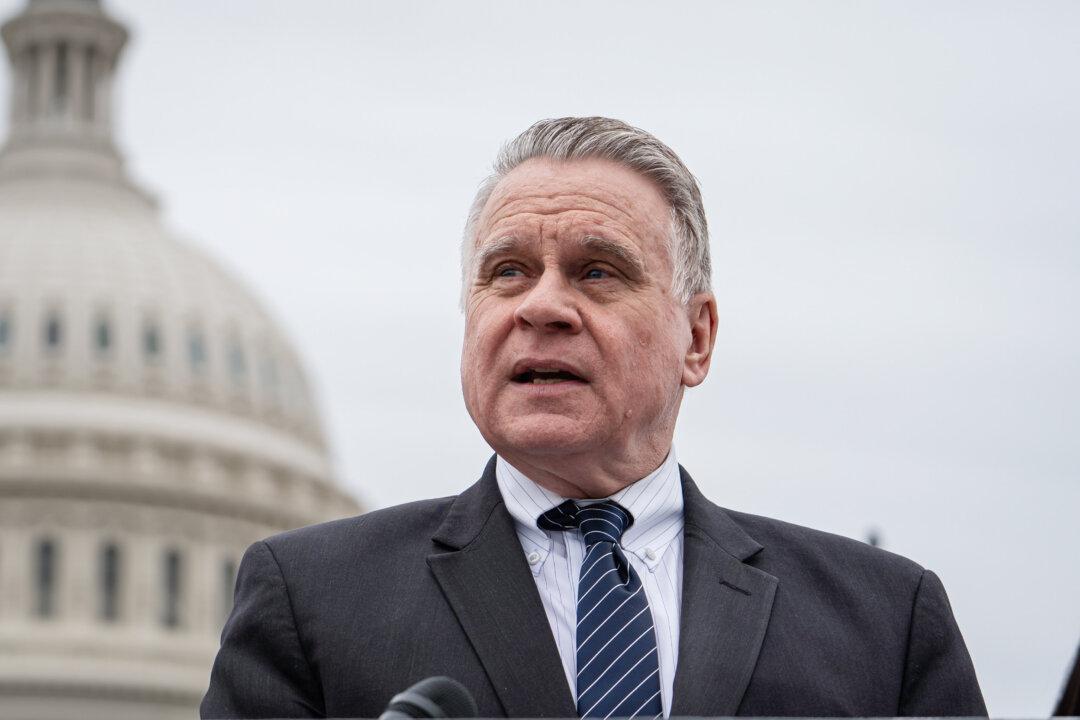The Chinese regime used a combination of content generated by artificial intelligence (AI) and social media platforms, including TikTok, in an attempt to sway voters in January’s elections in Taiwan, according to Taiwanese experts.
Eve Chiu, CEO and editor-in-chief of the Taipei-based nonprofit Taiwan FactCheck Center, said during the event that there had been more AI-generated audio clips, video clips, and texts during the 2024 election season than in the past.
While some were “cheap fakes,” which are fake content made with conventional software or technology, some were “very sophisticated and very hard to debunk,” she said.
The CCP has called Mr. Lai a “separatist,” a label that the communist regime gives to individuals who favor an independent Taiwan and reject Chinese rule. In other words, his victory is believed to be a blow to Beijing because the Chinese regime has traditionally favored candidates seeking Taiwan’s public offices who have a friendly view of their communist neighbor.
Ms. Chiu highlighted a deepfake video that purported to show Rep. Rob Wittman (R-Va.) endorsing Mr. Lai and his running mate, Hsiao Bi-Khim. She explained that the footage in the fake video originated from a 2022 interview during which the congressman talked about a number of issues, including Ukraine, but said nothing about Taiwan’s presidential election.
Ms. Chiu said there were also false online claims about “electoral fraud” involving vote counting, with YouTube and TikTok being the “primary platforms” spreading these claims.
“The purpose of these rumors was to seed doubts about the fairness of the electoral process prior to the election,” the article stated.
Aside from electoral fraud, another narrative driven by Chinese influence operations was meant to incite fear about a looming war between China and Taiwan, according to Ms. Chiu, who said that China was trying to sway Taiwanese voters into believing that voting for a certain party could avoid the war.
Liu Wen-ping, a member of Taiwan’s Ministry of Justice Investigation Bureau, said at the event that the CCP had used local human “collaborators” in Taiwan to disseminate its messages. Working with collaborators outside China has been part of the regime’s cognitive warfare practice, he said.
“The biggest tactic that the PRC [is] deploying right now is co-opting domestic voices of Taiwan or any other country that they’re trying to influence, or cultivating unofficial personalities or brands that disguise state-sponsored voices as independent voices,” Yu Chihhao, co-director of the Taiwan Information Environment Research Center, said at the event.
